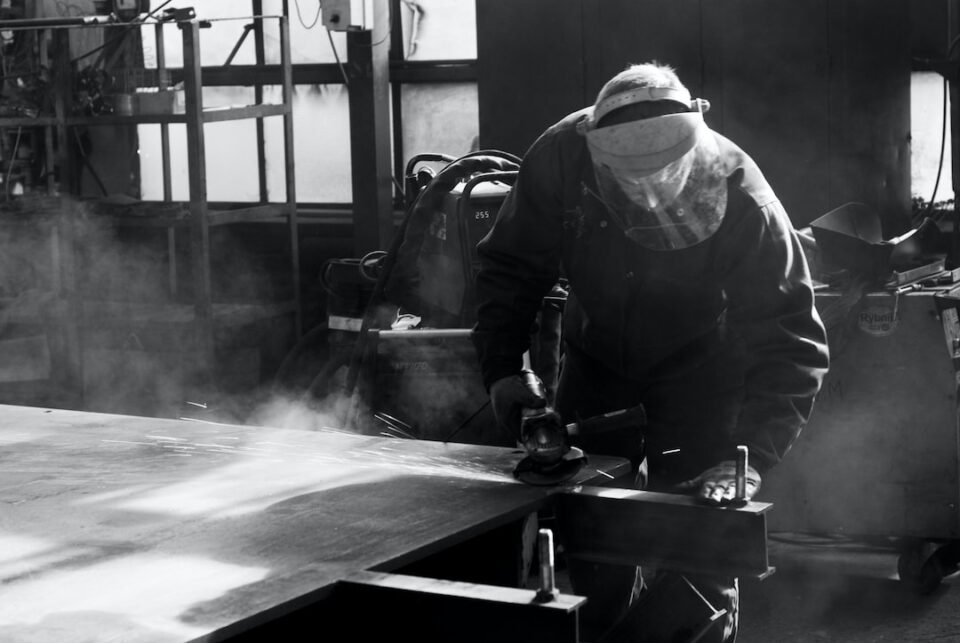The Future of Manufacturing: Customization and Mass Customization
In today’s rapidly evolving technological landscape, the concept of customization and mass customization is gaining immense popularity in the manufacturing sector. For decades, mass production has been the norm, with manufacturers producing large quantities of standardized products to meet the demands of the market. However, with the advancement of technologies such as 3D printing, automation, and artificial intelligence, a new era of manufacturing is on the horizon – one that emphasizes customization and personalized products. Let’s delve into the future of manufacturing and explore why customization and mass customization are set to revolutionize the industry.
One of the key drivers behind the push towards customization is the rising consumer demand for personalized products. In the past, consumers were satisfied with generic products that met their basic needs. However, as people have become more sophisticated and discerning, there has been a shift towards products that reflect individual preferences and lifestyles. This shift is further fueled by the rise of social media, where people showcase their unique tastes and styles, leading to a desire for personalized goods.
Customization allows consumers to have a say in the design, features, and aesthetics of the products they purchase. This not only enhances the overall shopping experience but also fosters a sense of ownership and emotional connection between the consumer and the product. From customized sneakers to personalized smartphone cases, consumers are now seeking products that cater to their individual tastes, giving rise to a thriving market for customization.
While customization is gaining popularity, the real game-changer lies in the concept of mass customization. Mass customization takes customization to a whole new level, as it combines the benefits of both customization and mass production. With mass customization, manufacturers can produce unique, personalized products on a large scale without compromising on efficiency or cost-effectiveness. This is made possible through the integration of advanced technologies such as 3D printing and automation.
3D printing, also known as additive manufacturing, has emerged as a transformative force in the manufacturing industry. Unlike traditional manufacturing methods that involve subtractive processes such as cutting or drilling, 3D printing builds objects layer by layer using digital blueprints. This allows for intricate designs, customized features, and unprecedented flexibility in product development. With 3D printing, manufacturers can easily produce personalized items, even in small quantities, without incurring additional setup costs or time. This opens up a plethora of possibilities in terms of design, creativity, and product variety.
Automation, coupled with robotics and artificial intelligence, is another key enabler of mass customization. By automating repetitive tasks and streamlining operations, manufacturers can achieve greater efficiency and productivity. With the help of AI algorithms, production systems can be optimized to rapidly adapt to changing customer demands and preferences. For instance, an AI-powered manufacturing line can easily customize the color, pattern, or size of a product in real-time without compromising speed or quality. This level of flexibility and responsiveness is crucial in meeting the ever-evolving demands of the market.
The benefits of customization and mass customization extend beyond consumer satisfaction. On the environmental front, customization and mass customization have the potential to significantly reduce waste and carbon emissions. With traditional mass production, excess inventory often leads to wastage, as manufacturers struggle to accurately predict consumer demand. In contrast, customization enables manufacturers to produce only what is required. This eliminates the need for large inventories, reduces material waste, and minimizes the carbon footprint associated with transportation and storage.
Furthermore, the future of manufacturing lies not only in customization for end consumers but also in customization within supply chains. With the advent of technologies such as blockchain and smart contracts, manufacturers can collaborate more efficiently with suppliers, ensuring the timely delivery of customized components or materials. This level of customization within the supply chain enhances the overall efficiency, transparency, and traceability of the manufacturing process, allowing for greater customization and personalization at each stage of production.
However, it is important to acknowledge that the transition towards customization and mass customization will come with its own set of challenges. Manufacturers will need to develop the necessary infrastructure, skills, and capabilities to embrace these advanced technologies and adapt their business models accordingly. The upfront investment in technology and retraining of the workforce may pose financial and logistical challenges for some manufacturers. Additionally, ensuring data security, intellectual property protection, and privacy issues may be hurdles that need to be addressed.
Nonetheless, the future of manufacturing undoubtedly lies in customization and mass customization. As consumers’ expectations continue to evolve, manufacturers will need to embrace these concepts to stay relevant and competitive. The combination of customization, 3D printing, automation, and AI-powered systems will enable manufacturers to produce personalized, high-quality products at scale. This shift towards customization not only enhances the consumer experience but also drives environmental sustainability and innovation within the industry. The future is indeed exciting, and customization is set to revolutionize the world of manufacturing as we know it.

